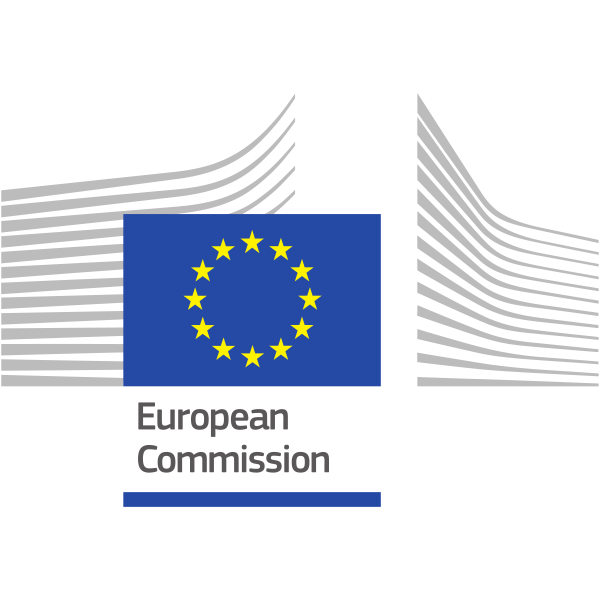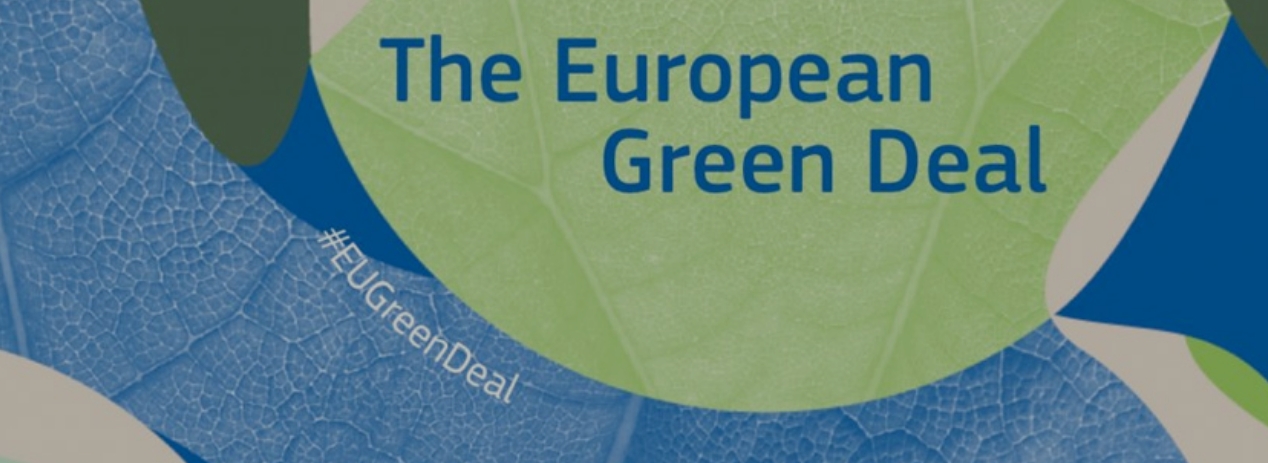Green Deal


EU launches Circular Economy Action Plan
The EU's new plan boosts sustainability by promoting reuse, repair, and job creation.
EU Commission paves way for circular economy
Brussels – The European Commission adopted a new Circular Economy Action Plan, part of the European Green Deal for sustainable growth. The aim is to ensure used resources remain in the EU economy for as long as possible.
The European Commission’s new Action Plan, which was adopted Mid-March, seeks to strengthen the circular economy by ensuring products are, wherever possible, fully reusable and easy to repair.
According to a press release, the new Action Plan is part of Europe’s new agenda for sustainable growth – the Green Deal – and of the EU Industrial Strategy. The aim is for products to last longer and for citizens to have the “right to repair”. There is a particular focus on the sectors that use the most resources and where the potential for circularity is high. For example, a regulatory framework will improve the durability of electronic products and sustainability of vehicle batteries. Innovation and reuse will also be promoted in the textile industry, and circularity principles will be reinforced in building and construction.
One benefit will be a well-functioning market for secondary raw materials. The circular economy will have a positive impact on GDP growth and job creation, with the “ambitious actions” set to generate around 700,000 new jobs.
“With today’s plan we launch action to transform the way products are made and empower consumers to make sustainable choices for their own benefit and that of the environment,” said Frans Timmermans, Executive Vice-President for the European Green Deal.
Virginijus Sinkevičius, Commissioner for the Environment, Oceans and Fisheries, emphasized that this will create new business and job opportunities. The actions will “give new rights to European consumers, harness innovation and digitalization and, just like nature, make sure that nothing is wasted.”
We have compiled the most important information about The European Green Deal:
Documentation of the 17th European Forum on Eco-innovation in 2014. Under The title „Transforming jobs and skills for a resource efficient, inclusive and circular economy“ Albin Kälin held a keynote on the subject matter. Both the presentation and the documentation of the event are downloadable as PDF.
Presentation „Sustainable Products in a Circular Economy“ held at the EU Circular Business Conference in Brussels (September 2018) by Albin Kälin CEO of EPEA Switzerland
A short scientific overview, summary and conclusions from EPEA Switzerland aimed to inform partners in industry and businesses about the new EU-SCIP Database requirements, which are effective from 05.01.2021.
A European Green Deal – Striving to be the first climate-neutral continent. Becoming the world’s first climate-neutral continent by 2050 is the greatest challenge and opportunity of our times. To achieve this, the European Commission presented the European Green Deal, the most ambitious package of measures that should enable European citizens and businesses to benefit from sustainable green transition. Measures accompanied with an initial roadmap of key policies range from ambitiously cutting emissions, to investing in cutting-edge research and innovation, to preserving Europe’s natural environment. Supported by investments in green technologies, sustainable solutions and new businesses, the Green Deal can be a new EU growth strategy. Involvement and commitment of the public and of all stakeholders is crucial to its success. Above all, the European Green Deal sets a path for a transition that is just and socially fair. It is designed in such a way as to leave no individual or region behind in the great transformation ahead.
Executive Vice President Timmermans‘ remarks at the Conference on the first European Climate Law:
„Why is the climate law so important? The climate law, in my view, in simple words is important because it will discipline everyone in this process, especially on the political side, to take the necessary steps, to deliver on this promise to become climate neutral by 2050. And it will give the institutions that need to coordinate this also the legal possibility to act when those who made promises don’t deliver on the promises. So it is an exercise in discipline in this transformational age.“
IMPORTANT FOR INDUSTRY!
SCIP is the database for information on Substances of Concern In articles as such or in complex objects (Products) established under the Waste Framework Directive (WFD).
Companies supplying articles containing substances of very high concern (SVHCs) on the Candidate List in a concentration above 0.1% weight by weight (w/w) on the EU market have to submit information on these articles to ECHA, as from 5 January 2021. The SCIP database ensures that the information on articles containing Candidate List substances is available throughout the whole lifecycle of products and materials, including at the waste stage. The information in the database is then made available to waste operators and consumers. Head on to SCIP database.